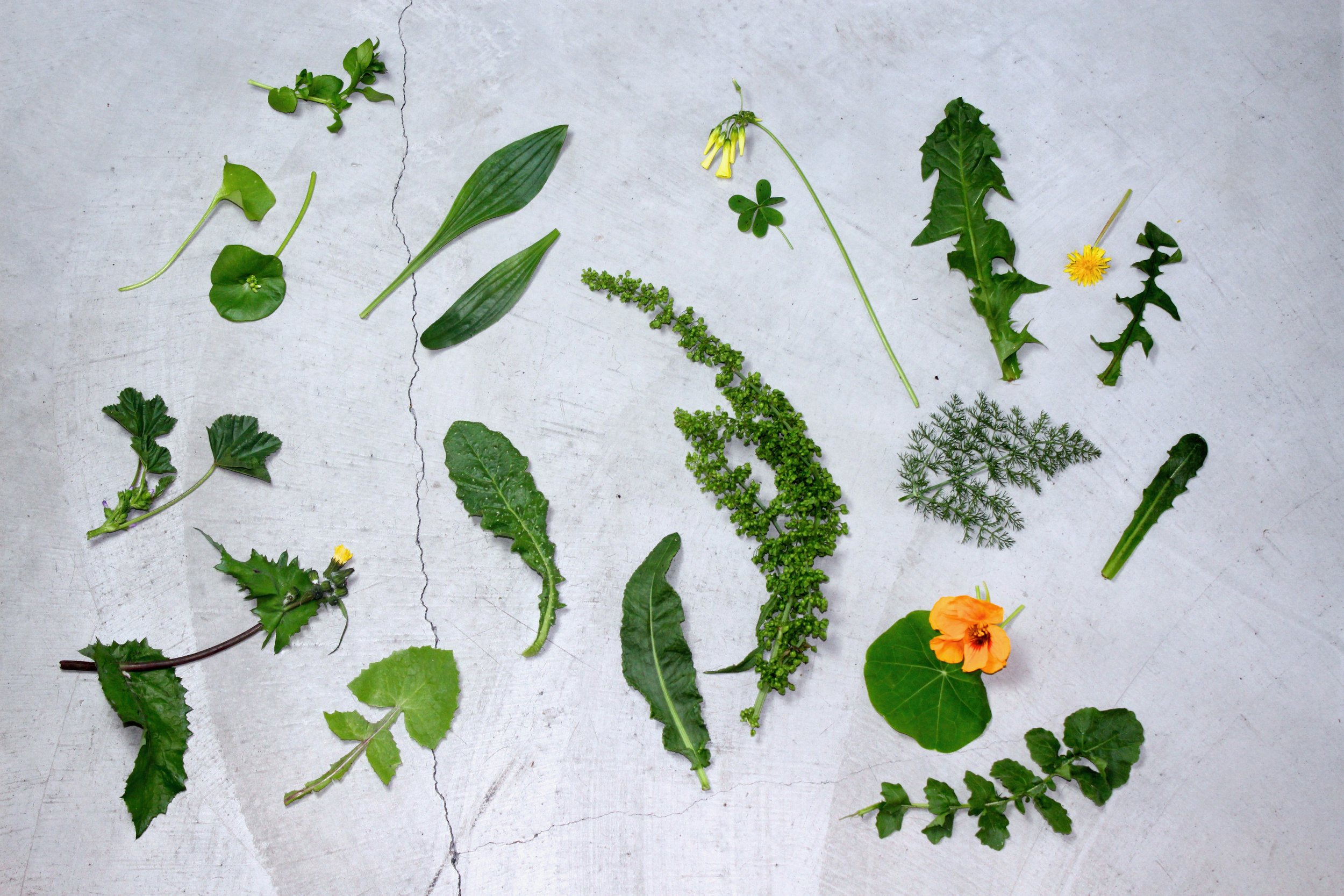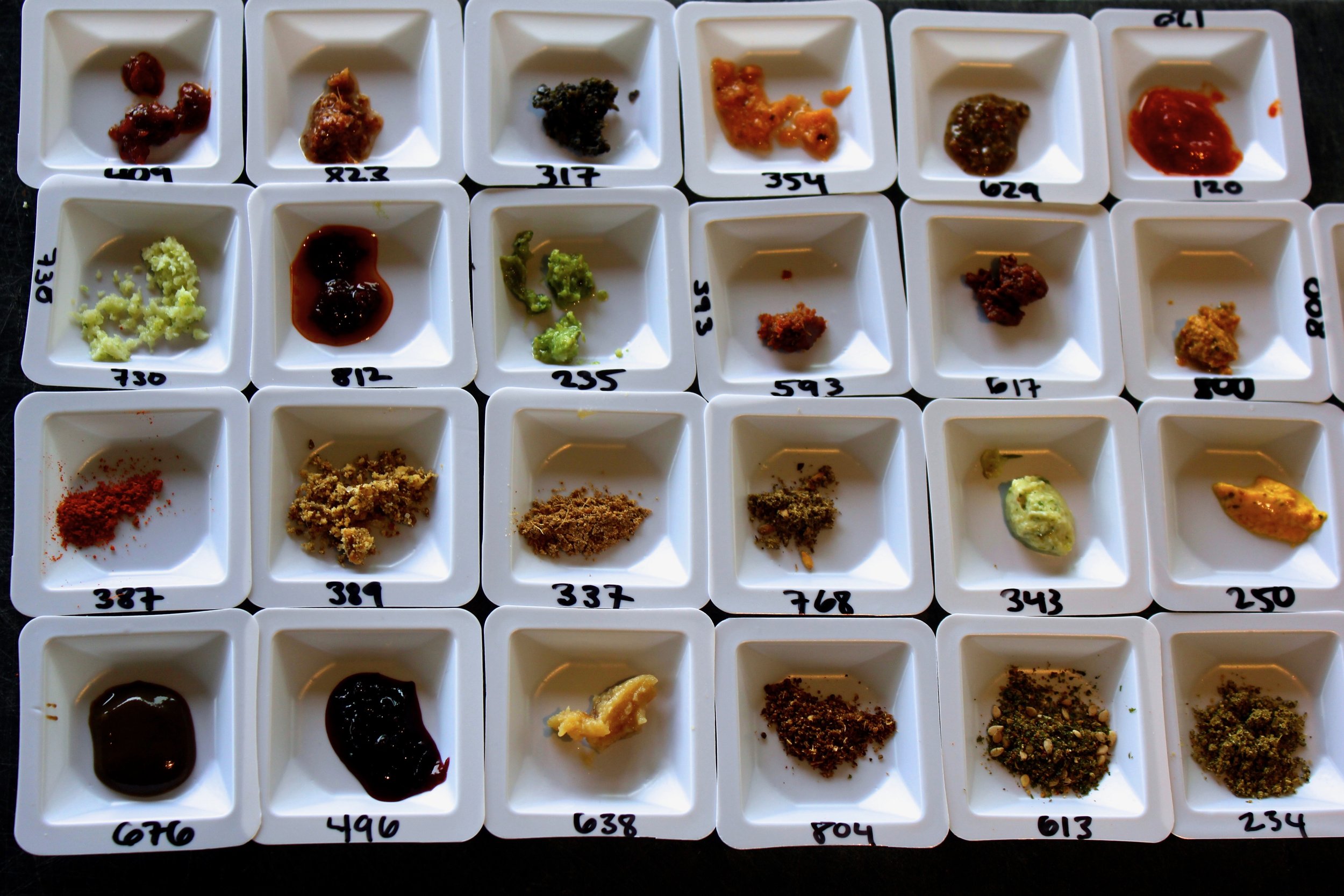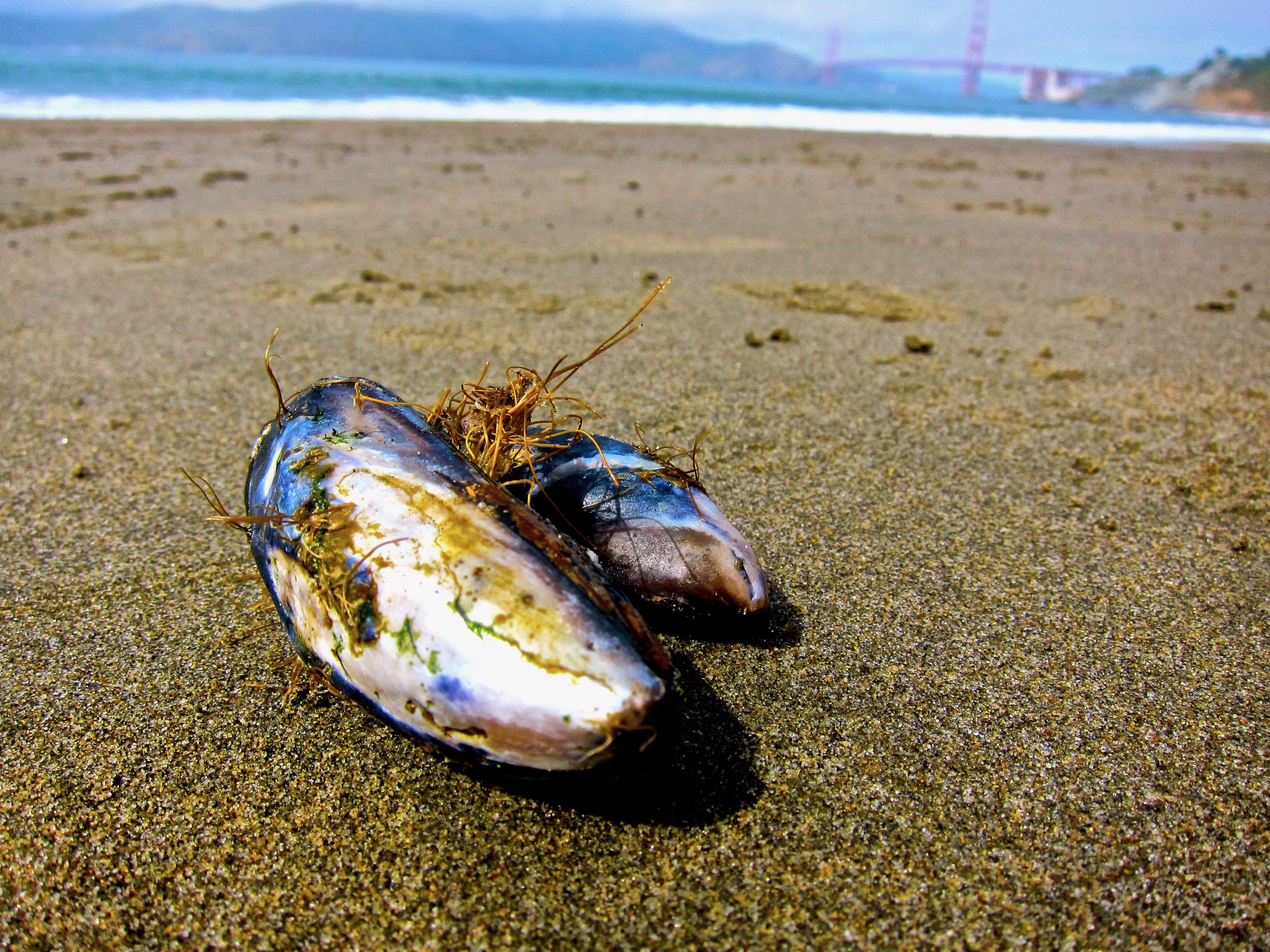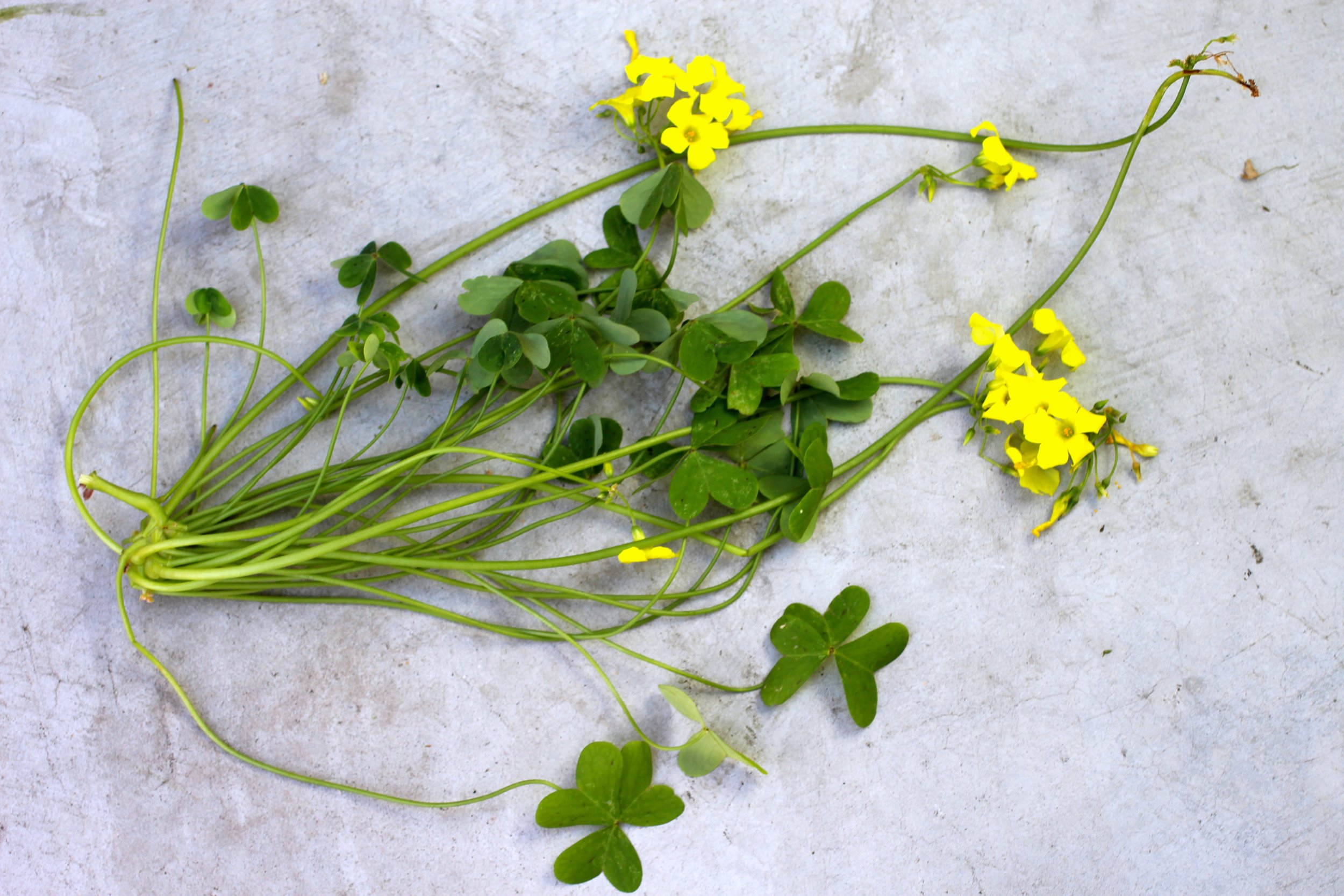join me in crete!
Special opportunity to learn and explore Mediterranean cuisine with me in October 2024 - cooking classes, foraging walks, cheesemaking, and more. Visit this link for more information.
Knowledge, expertise, & delight.
From culinary industry and health professionals to academic settings, I have experience speaking to and cooking with a wide array of audiences. I shine light on challenging topics and bring humor and joy to the conversation.

“my science and nutrition heroine.”
- Samin Nosrat, Chef and author of Salt, Fat, Acid, Heat
Overarching speaking themes: What you walk away with
-
Clarity
Nutrition and sustainability recommendations clearly communicated. Learn what changes truly make an impact, and how to transition your organization to a healthier future.
-
Creativity
Plant-rich, nourishing, irresistible. Rooted in taste, biodiverse, wild, fermented. Bringing overlooked and underloved foods to the forefront.
-
Culture
Traditional foodways across the globe are healthier and more sustainable than the Standard American Diet (it’s SAD). Celebrate and learn from our differences; embrace our similarities.

what i bring to your table
new perspective on the topic and inspiration for a delicious food future

Food science (general or specific)

"Overlooked, underloved" foods

Traditional foodways

Fermentation

Root-to-stem cooking

Whole grains

Evolution of the human diet and the gut microbiome

Environmental nutrition

Plant-forward dietary patterns

Foraging and wild foods
my philosophy
PLANT-rich AKA “FIBER IS THE FUTURE”
If you focus on fiber you’ll automatically eat more vegetables, legumes, whole grains, and fruit…voilà, a diet rich in plants! Switching to a plant-forward diet is a key lever to pull in reducing food’s environmental impact and improving health. Partially because our gut bacteria looooove fiber. Over 200,000 species of plants are edible to humans, which can be combined and prepared in limitless ways, so eating a diet rich in plant is an exciting opportunity, not a challenge!
rooted in place & time
Foods that reflect seasons and locales will give back more - to the eater, the earth, and the community. By preparing and enjoying cuisine that tells a story, you’ll be left feeling full in the best way possible.
“Overlooked & Underloved”
We live in a world of excess, but when it comes to food, especially healthy sustainable food, nothing should go overlooked. Wild foods, biodiverse varieties, fish lower on the food chain, seaweeds, underrated cruciferous vegetables, and drought tolerant grains are all examples of foods that provide nutrients we don’t get enough of while being easier on the planet. Why not show them a little love and reap the benefits?
innovate Traditions
Many of the hippest “modern” food and food system trends - e.g. fermentation, regenerative agriculture, and reducing waste - are not new. We need to learn from the traditional foodwaysof our ancestors, while merging these ideals with modern scientific knowledge and adapting to our current food environment and lifestyle.



